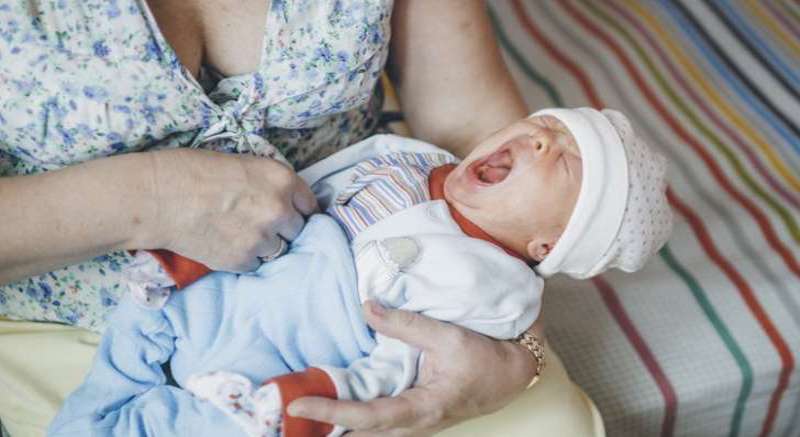In a rather unusual emergency call, a Mother of 4 young kids called 911 last week, saying she had run out of options.
“I went to local churches and everything, trying to find food for my children,” she told the dispatcher. “My kids have not eaten since yesterday.”
This is for police only,” the dispatcher said. “It’s not for this.”
The distraught Mother from Camden, New Jersey, said that she was waiting for food stamps, which would take at least a month. She had no cash, transportation or phone service, and the only number she was able to call was 911.
“If I could get some type of assistance,” she pleaded. “If someone [could] come out. Help me with anything.”
According to NBC, another dispatcher, Tondaleya Bagby, had overheard the call and requested an officer go to the mom’s residence to check on the family.
“It made me sad. I couldn’t imagine not being able to provide for my child,” Bagby, also a mom, told NBC.
When the Camden County Officer, David Hinton arrived at the apartment, he saw that there was no food, so he went to a local restaurant to bring food back to the family.
Bagby also told her Mother, Sgt. Tracy Seigel, about the situation.
And together, along with retired Lt. Scott Bagby and Lt. Janell Simpson, they pooled their money and bought the family 10 bags of groceries, which included supplies such toiletries, milk and bread.
“(The family) was overwhelmed and extremely thankful for the unexpected surprise,” the Camden County Police Department wrote on its Facebook post, honoring Seigel and Hinton as officers of the week for going “above and beyond the call of duty to help those in need.”
According to the Department of Agriculture’s Economic Research Service, 12.3% of U.S. households, or 15.6 million households, were food insecure in 2016.
Food insecure means that members of the household have a hard time getting enough to eat at some point during the year because they lack resources.
Usually, children are shielded from hunger, and adults will go without food just so that younger members can eat. But 3.1 million households still had children who experienced food insecurity, which was similar to pre-recession levels in 2007.
Very sad indeed.
